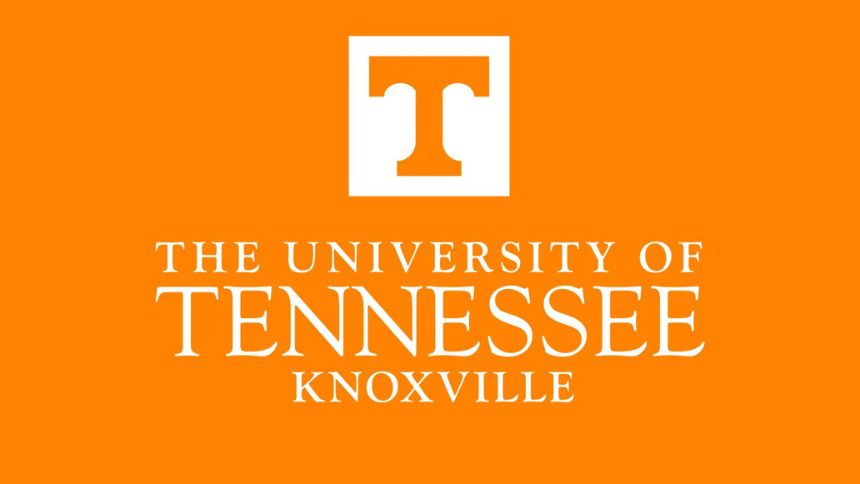
UTK receives funding to lead a new initiative named “East Tennessee Works”
The focus is on helping bridge employers and job seekers in advanced manufacturing and green construction industries.
The University of Tennessee, Knoxville will lead “East Tennessee Works” (ETW), an initiative that will help bridge employers and job seekers in advanced manufacturing and green construction industries.
Focusing on inner-city communities in Knoxville and rural Southern Appalachia, ETW will help connect employers to job seekers by strengthening ties with training services, labor, and social support. Leveraging the university’s cross-sector partnerships and research, ETW will help empower community-based organizations and community colleges to recruit and train Black and rural residents in “work-ready” and technical skills.
The program aims to facilitate job matching with industry partners through a flexible, scalable approach for K-12 students, adult learners, and reskilling program participants. Furthermore, the program will help ensure long-term workforce resilience and economic equity while helping to mitigate the impacts of climate change in vulnerable communities within East Tennessee.
ETW was one of six new awardees that will receive $750,000 each over three years as part of the Quality Green Jobs Regional Challenge under the Jobs for the Future (JFF), a national nonprofit that drives transformation in U.S. education and workforce systems. The program is funded through Climate-Resilient Employees for a Sustainable Tomorrow (CREST), a five-year, $25 million initiative of the Ares Charitable Foundation. CREST supports JFF in helping to close the gap between employer demand for a skilled green workforce and the number of people ready for these opportunities to help advance economic mobility.
JFF launched this work in 2023 and received 101 applications from 40 states that proposed strategies for green jobs initiatives to address their regions’ most prevalent climate threats. The organization selected 20 regions for Phase 1 of the project, with 10 regions identified to advance to Phase 2 earlier this year. With this latest round of grants for Phase 3, JFF has awarded nearly $5 million in catalytic capital to communities, supporting innovative regional projects that address climate change through a focus on workforce development.
Like what you've read?
Forward to a friend!

